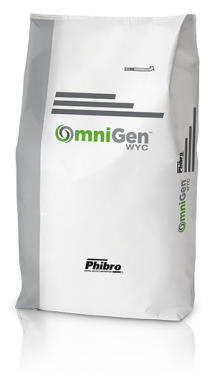Study Finds Cows Fed OmniGen® Had 10 Fewer Days Open
University Studies Show Improved Dairy Cow Reproductive Performance
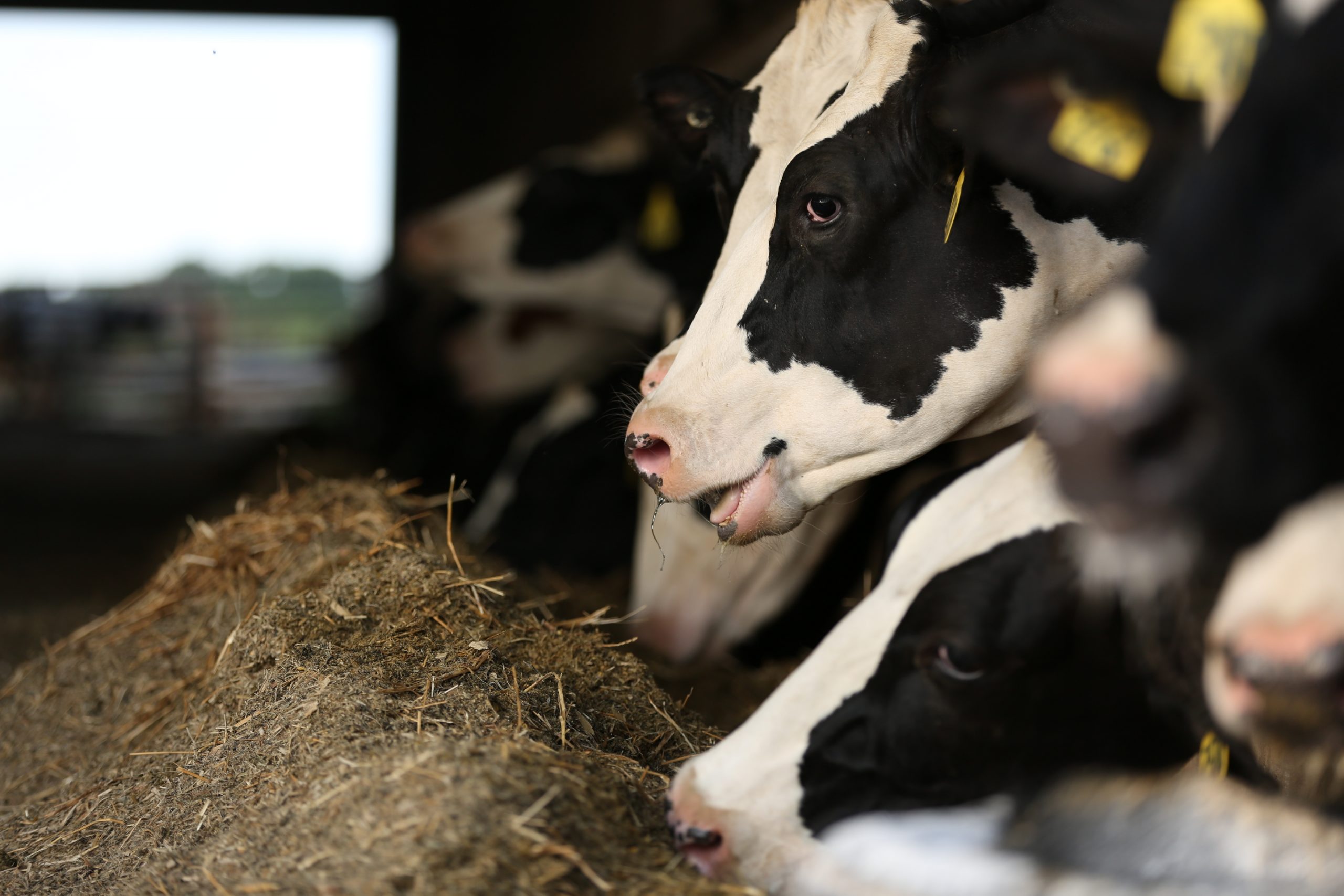
Controlled research has demonstrated that feeding OmniGen for improved immune function led to an improved uterine environment in mice and improved embryo quality in beef cows. In addition, research showed improved reproductive performance in dairy cows fed OmniGen, with 10 fewer days open than cows not fed OmniGen.
Effects of OmniGen on Days Open
In Washington State University research using a mouse model, adult female mice were fed a basal diet with or without OmniGen1. At 32 days of feeding the treatment diets, researchers induced endometritis in mice. A 6-month breeding trial to assess fertility followed. Feeding OmniGen resulted in greater numbers of pups per litter in the first two litters and greater litter size over the course of the study. There was also a trend toward decreased time to first parturition of approximately seven days.
Following the six-month breeding trial, females fed OmniGen tended to have fewer (P < 0.10) fibrotic lesions and had more (P < 0.05) blood vessels in the endometrium than mice fed the control diet, suggesting animals fed OmniGen were more resistant to tissue damage and/or recovered more effectively.
In another project, researchers from Oregon State University determined the effects of feeding OmniGen to Angus cross-bred embryo donor cows on ova recovery, fertilization rate, and embryo quality2. Cows were fed diets either with or without OmniGen beginning 28 days prior to initiating a superovulation protocol through a total of 49 days, when embryos were collected at seven days after insemination. During superovulation, cows were administered 200 mg or 400 mg follicle-stimulating hormone (FSH), with 400 mg (eight, 50 mg injections, twice per day) being the typical dose used in commercial embryo transfer programs. The protocol was repeated using the same animals and treatment assignments, 90 to 120 days after the first replicate was completed.
There were fewer degenerate embryos (fertilized ovum that have died) recovered from cows fed OmniGen, and the percent degenerate embryos was lower in OmniGen-fed cows compared to control-fed cows. The results suggest feeding OmniGen may lead to improved quality of the oocyte or the embryo.
The preceding research projects that showed feeding OmniGen improved the uterine environment in mice and improved embryo quality in beef cattle led to a large-herd study by University of Florida researchers to examine the effects of feeding OmniGen on health, production and reproduction in dairy cows3.
The pregnancy survival curve in Figure 1 indicates the percentage of cows that were not pregnant up to 250 days after calving. The graph reflects a numerical improvement in the percentage of cows confirmed pregnant after first, second and third or greater artificial insemination (32.6% vs. 28.1%, 52.3% vs. 47.7% and 76.1% vs. 73.3 percent, P > 0.10), leading to a reduction in percentage of cows not pregnant when fed OmniGen, through the end of the trial.
Feeding OmniGen was also associated with a 10-day reduction in days open compared to feeding the control diet (139 vs. 149 ± 3.44 d, respectively, P < 0.05), indicating improved reproductive efficiency in these cows.
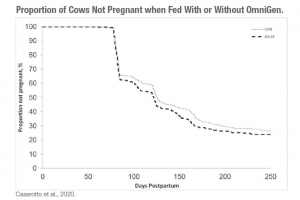
1Jorgensen-Muga et al., 2018. Anim. Sci. 96(E-Suppl. 3):51. (Abstr.).
2Snider et al., 2019. Anim. Reprod. Sci. 210:1-9.
3Casarotto et al., 2020. Anim. Feed Sci. and Technol. 267:1-9.
OG750721GLB ©2022 Phibro Animal Health Corporation. Phibro, Phibro logo design, Healthy Animals. Healthy Food. Healthy World. and OmniGen are trademarks owned by or licensed to Phibro Animal Health Corporation or its affiliates.
Dairy Cattle Products
University Studies Show Improved Dairy Cow Reproductive Performance





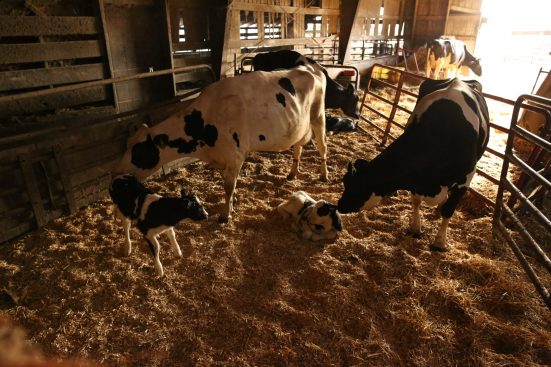
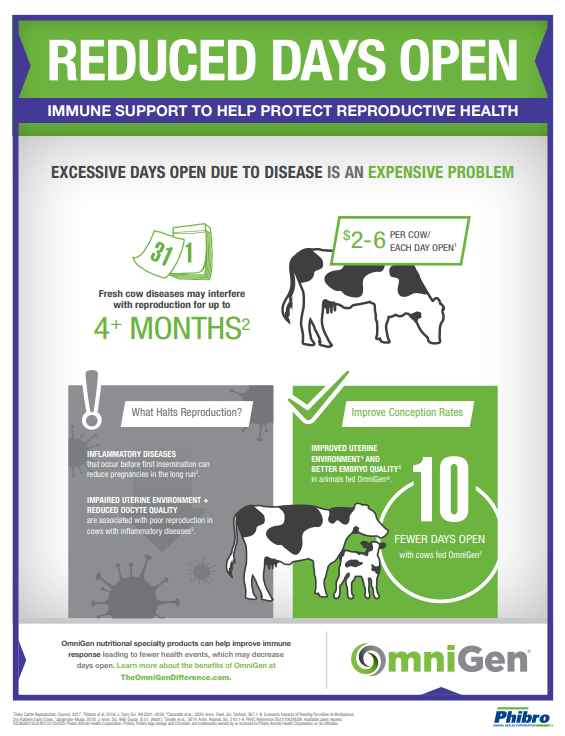
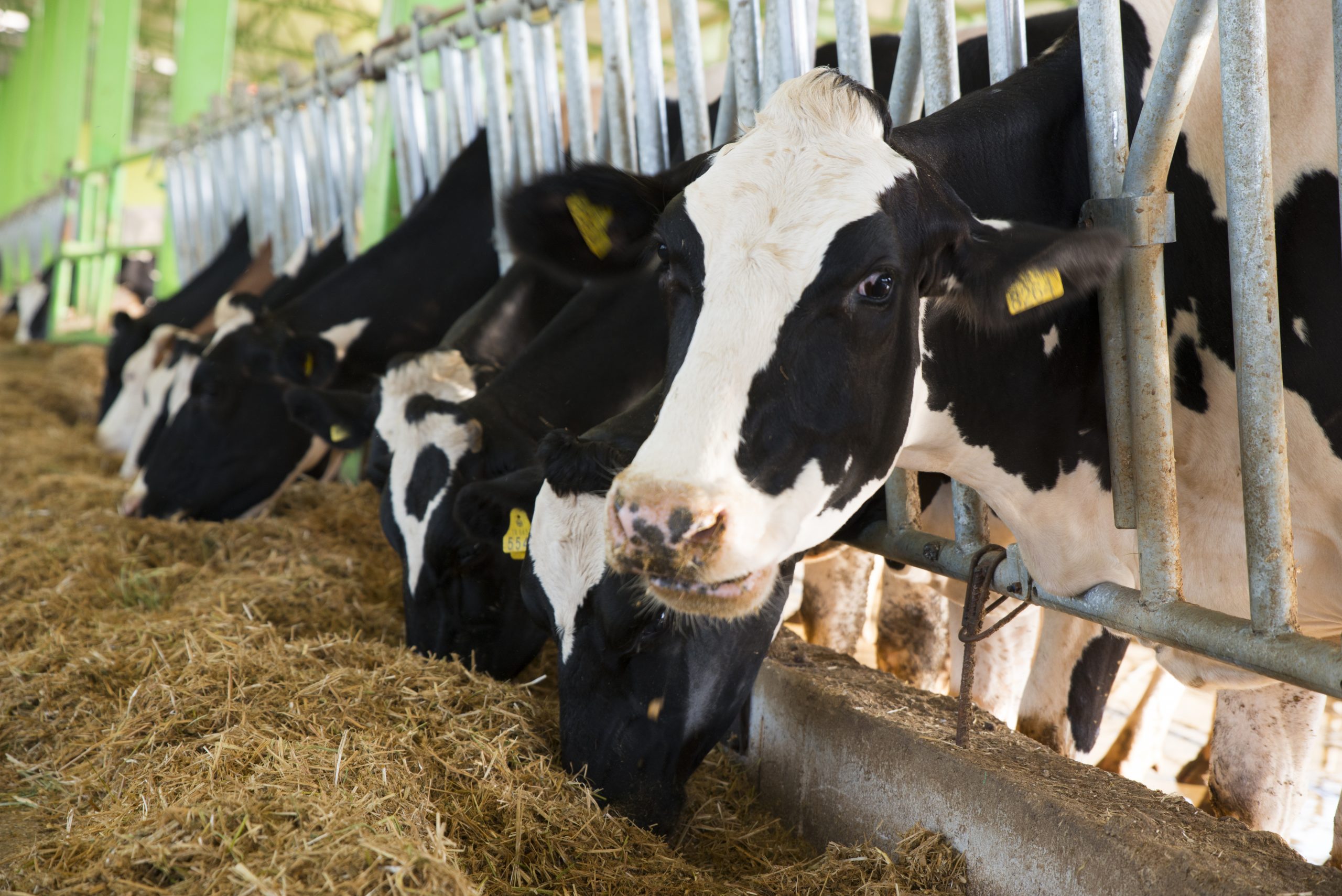
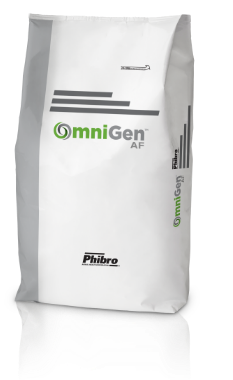
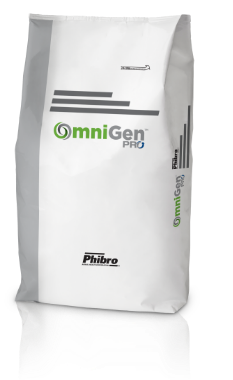
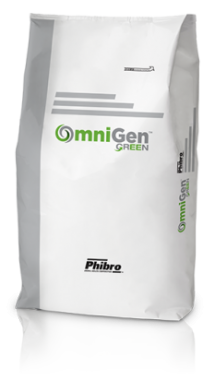
 OmniGen Green is Organic Material Review Institute (OMRI) listed.
OmniGen Green is Organic Material Review Institute (OMRI) listed.